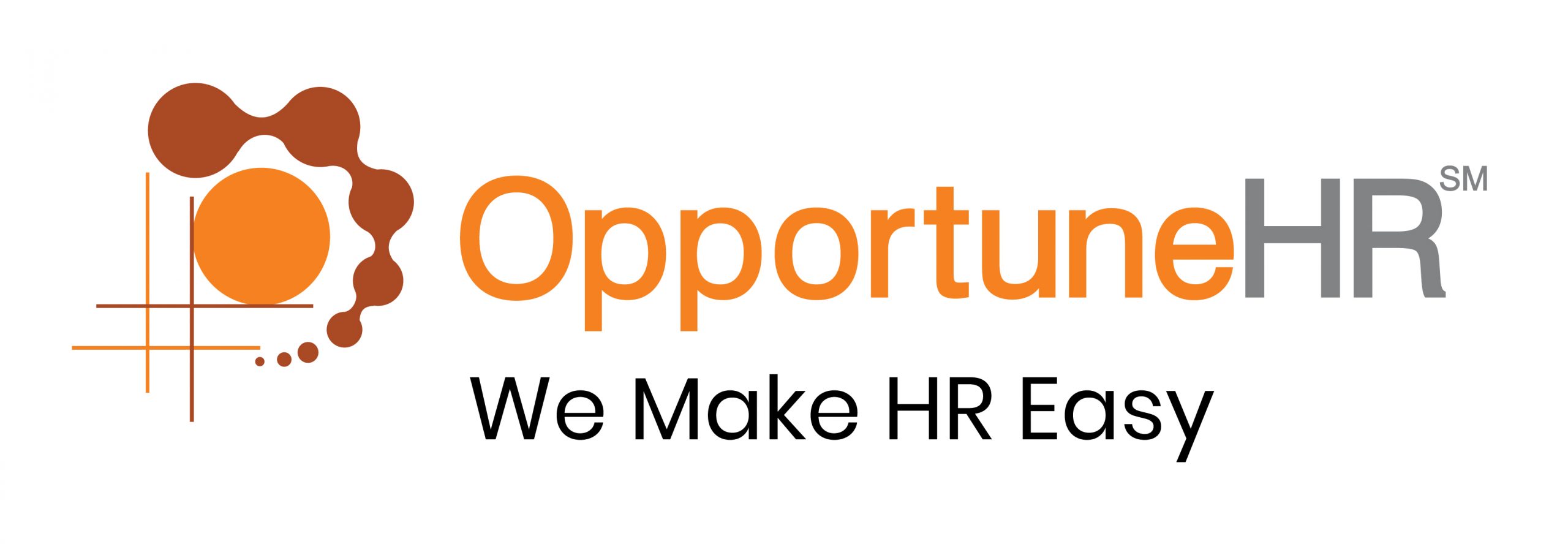We are often asked, should SME businesses go for integrated HR and payroll software?
The quick answer is: It depends on what kind of business you run and what is your business philosophy.
Let us explain that a little…
- If you are struggling as a business and fighting for survival, this is not the best thing for you to focus on.
- But if you are in a growing phase, or you wish to grow fast, the answer is a definite YES!
Because the world is getting more and more connected. We see the power of this connectedness in day-to-day business too. Organisations are connecting internal systems for better efficiency and productivity. Human resource management is not far behind.
Digitalization is closing the gaps that exist between different software systems. And new levels of technology have made it so easy and straightforward that integration of payroll solutions and HR software is taken for granted. All progressive businesses, irrespective of their company size, go for such integration.
And especially for SMEs, it proves to be extremely beneficial.
Why do we make such a claim? Let’s go step-by-step and soon you will infer so yourself.
To understand this, let’s go step-by-step.
First thing first!
What is payroll management?
And what makes it so tedious?
If you ask a professor or a consultant working for big companies, this is what they would say–
Payroll management is the process of administration and management of employees’ financial compensation, including wages, salaries, bonuses, and deductions. It involves all activities related to calculating employee earnings, withholding taxes and other deductions, issuing pay cheques or direct deposits, and maintaining accurate records of these transactions.
But if you ask us, here it is, in the simplest words possible–
Payroll management: The Simplified definition
Payroll management is the process of handling and keeping track of how much money a company pays its employees.
It is the process of ensuring that employees receive their rightful earnings, including wages, salaries, and any additional payments, such as bonuses. This includes subtracting any required taxes or deductions.
Payroll managers also need to keep records of all these transactions. They should make sure everything is done correctly according to the laws and rules set by the government.
They also handle things like employee benefits, such as health insurance or retirement plans. It’s an important job to ensure that everyone gets paid accurately and on time while following all the necessary rules.
Why is payroll so tedious?
If we look at the definitions above, one thing is certain: the payroll manager’s job is tedious. It involves a high level of responsibilities. Because accuracy and speed are crucial. If an employee doesn’t get his or her due salary, they feel demotivated. This leads to dissatisfaction and conflicts.
Non-compliance with Govt. regulations can also attract fines and enquiries.
Even if the error is non-intentional!
Payroll is such a sensitive matter that neither employees nor the government give any benefit of the doubt.
Obviously, business owners go for payroll software solutions.
Modern Payroll software with key features like employee self-service is crucial for businesses. It helps manage the complexities of payroll function, eliminates human errors, and also provides significant advantages to a business.
- Efficiency: Payroll software automates manual tasks involved in processing payroll, such as wage calculations, tax deductions, and generating payslips. This saves time and effort for payroll administrators.
- Accuracy: The software reduces the chances of errors in payroll calculations by performing accurate calculations based on predefined rules and tax rates. This ensures that employees are paid correctly, increasing their satisfaction and avoiding potential disputes.
- Time-saving: Compared to manual methods, payroll processing becomes much faster with software. It eliminates the need for manual data entry or complex calculation of payroll scenarios. As a result, HR and payroll staff can take care of other important activities, like recruitment and employee engagement.
- Compliance: Payroll software helps businesses comply with labour laws, tax regulations, and reporting requirements. It automatically calculates and withholds the correct amount of taxes from employee wages and generates the necessary tax forms. This keeps businesses up-to-date with changing legal requirements.
- Record-keeping: Payroll software maintains accurate employee records, like records of employee earnings, deductions, tax withholdings, and other relevant information. These records can be easily accessed when generating reports for auditing purposes or when needed by management or government agencies.
- Employee self-service: Modern payroll systems, like OpportuneHR, provide self-service portals. So employees can access their payslips, view their earnings history, and update personal information (such as addresses or bank account details). This empowers employees by providing easy access to their payroll-related information.
Implementing payroll software offers many benefits that streamline the entire payroll process while ensuring accuracy and compliance with legal requirements. And it also adds great employee experience. It goes without saying that the payroll team feels empowered
Now let’s hear from the expert–
Why choose an integrated payroll system with HR software?
Pooja Gupta, HR manager of OpportuneHR says—
This is a fact that SME businesses have thin HR teams. Mostly the admin, payroll and compliance are tackled by the same team. So the bandwidth is low. In such scenarios, seamless automation helps. Integrated HR and payroll platforms offer several advantages for such organisations. It helps integrate payroll with other HR functions, like attendance tracking, leave management, etc for a seamless workflow.

Pooja Gupta, HR manger OpportuneHR
![]()
Here is a list of all the benefits that a growing business can get with integrated HR and payroll software.
- Efficiency: By combining HR and payroll processes into a single software solution, organisations can streamline their operations, eliminate duplicate data entry, and reduce manual errors. This leads to increased efficiency and productivity.
- Time-saving : Integrated software allows for seamless sharing of employee data between HR and payroll systems. This eliminates the need for manual data transfers or re-entry. This saves time on administrative tasks, allowing HR teams to focus on strategic initiatives.
- Accuracy: With integrated software, there is less chance of data inconsistencies or errors that can occur when manually transferring information between separate systems. This ensures accurate payroll calculations, tax deductions, and compliance with labour laws.
- Data integration: Integrated HR and payroll software provide a centralized database that stores all relevant employee information. This makes it easier to track and manage data related to employee benefits, attendance, leave, performance reviews, and compensation.
- Compliance: Integrated software often includes built-in compliance features. So the organisations stay up-to-date with changing labour laws and regulations. It can automate tasks such as tax calculations, wage garnishments, and benefit deductions according to the latest legal requirements.
- Enhanced reporting: By combining different systems, HR teams can generate comprehensive reports on a variety of HR metrics, such as headcount analysis, turnover rates, labour costs, and more. These detailed insights assist management in making informed decisions.
- Employee self-service: Many integrated solutions offer employee self-service portals where employees can access their personal information easily. They can view pay stubs, update personal details like addresses or direct deposit information themselves without relying on HR staff.
In conclusion, integrated HR payroll system can be highly beneficial for SME businesses, especially those in a growing phase or looking to grow rapidly. It can streamline operations, increase efficiency, save time. Payroll errors due to manual merging of data will be eliminated. It will improve accuracy, ensure compliance with labour laws, and provide enhanced payroll reports. With integrated software, organisations can eliminate duplicate data entry, reduce manual errors, and seamlessly share employee data between HR and payroll systems.This integration can help HR teams with low bandwidth by automating tasks and simplifying processes. Overall, integrated HR and payroll software is a valuable tool for SME businesses seeking to optimize their HR and payroll functions. We highly recommend it to all SME business owners.
Author bio:

Creative thought leaders, HR professionals, diligent researchers and writers — Opportune editorial team is rich with experience and insights. They make sure the content quality is top notch and add value to SME businesses.








